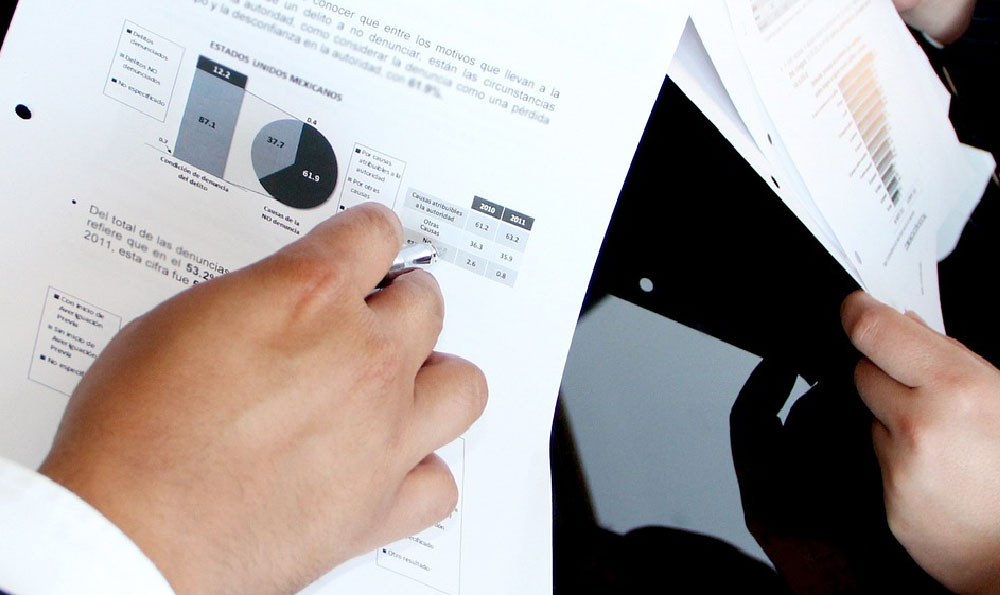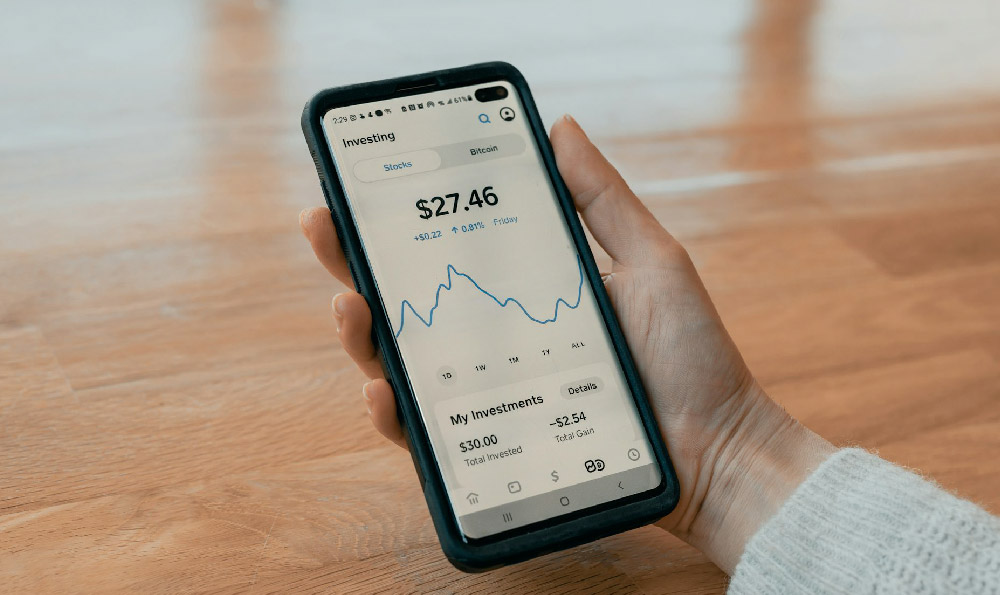Okay, I understand. Here's an article written in English based on the provided title, aiming for comprehensiveness and avoiding overly structured formatting or numbered lists:
How to Build a Blog and Turn Your Passion into Profit
The digital landscape offers unprecedented opportunities for individuals to share their expertise, connect with like-minded people, and even generate income. Blogging, at its core, is a platform for self-expression, a digital diary open to the world. But beyond mere personal reflection, a blog can become a powerful tool for building a brand, establishing authority, and, importantly, earning revenue. The journey from blank page to profitable platform requires a blend of creativity, strategy, and consistent effort. Let's explore the crucial aspects of building and monetizing your own blog.

The first, and perhaps most daunting step, is defining your niche. While the temptation to cover a wide range of topics might be strong, focusing on a specific area allows you to attract a dedicated audience and become a recognized expert. Consider your passions, skills, and knowledge. What topics genuinely excite you? What areas do you have unique insights into? Research your chosen niche. Are there already established blogs? If so, how can you differentiate yourself? What are the keywords and search terms related to your niche? Understanding the existing landscape is essential for carving out your own space. The key is to find that sweet spot where your passion intersects with market demand.
Once you've defined your niche, it's time to choose a platform and domain name. Several excellent blogging platforms exist, with WordPress.org being the most popular and versatile. Its open-source nature allows for extensive customization through themes and plugins, providing unparalleled control over your blog's design and functionality. Other platforms like Blogger, Medium, and Squarespace offer simpler interfaces and hosting included, but often at the expense of flexibility. Your domain name is your blog's address on the internet, and it should be memorable, relevant to your niche, and easy to spell. Aim for a .com extension if possible, as it is the most recognized and trusted. Secure your domain name and hosting from a reputable provider.
With your platform and domain in place, the real work begins: creating compelling content. High-quality, engaging content is the lifeblood of any successful blog. Your content should be informative, entertaining, and valuable to your target audience. Experiment with different formats, such as blog posts, articles, tutorials, videos, podcasts, and infographics. Structure your content logically, using headings, subheadings, and bullet points to improve readability. Optimize your content for search engines by incorporating relevant keywords naturally. Regularly updating your blog with fresh content is crucial for attracting and retaining readers. A consistent publishing schedule demonstrates your commitment to your audience and signals to search engines that your blog is active and relevant.
Building a strong online presence is essential for attracting readers to your blog. Utilize social media platforms to share your content, engage with your audience, and build relationships with other bloggers in your niche. Participate in online communities and forums related to your blog's topic. Guest blogging on other relevant websites can expose your blog to a new audience and establish you as an authority in your field. Email marketing is another powerful tool for building a loyal following. Offer valuable content or incentives in exchange for email addresses, and then nurture your subscribers with regular updates and promotions.
Now, let's move on to the core of your question: monetizing your blog. There are several proven strategies for turning your blog into a revenue stream. One of the most common methods is advertising. Platforms like Google AdSense allow you to display targeted ads on your blog and earn money based on clicks or impressions. Affiliate marketing involves promoting other companies' products or services and earning a commission on sales generated through your unique affiliate link. Creating and selling your own digital products, such as ebooks, online courses, templates, or software, can be a highly lucrative option, especially if you have specialized knowledge or skills. Selling merchandise, such as t-shirts, mugs, or stickers, can be a fun way to monetize your blog and build brand awareness. Offering services, such as consulting, coaching, or freelance writing, can be a direct way to leverage your expertise and earn income.
Choosing the right monetization strategies depends on your niche, your audience, and your goals. Experiment with different methods to see what works best for you. Focus on providing value to your audience, and the monetization will follow naturally. Be transparent with your readers about how you are monetizing your blog. Disclosure is essential for building trust and maintaining credibility.
Monetizing a blog is not an overnight process. It requires patience, persistence, and a willingness to learn and adapt. Analyze your blog's traffic, engagement, and revenue data to identify areas for improvement. Continuously refine your content strategy, marketing efforts, and monetization methods. Building a successful and profitable blog is a journey, not a destination. Enjoy the process of creating, connecting, and growing your online presence. Don’t be afraid to experiment, learn from your mistakes, and celebrate your successes. Your passion, combined with strategic planning and consistent effort, can transform your blog from a hobby into a thriving business.












